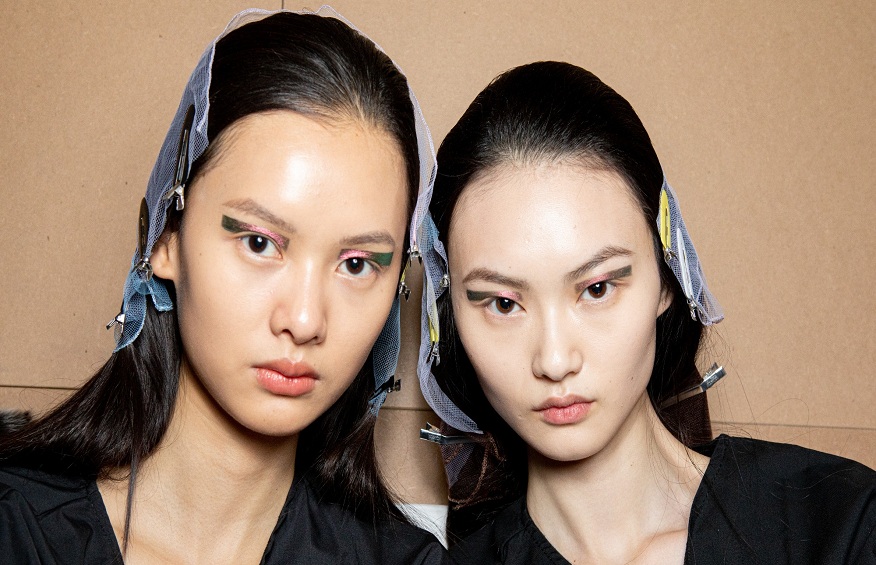Mineral makeup: Advice, dangers, Bio… We tell you everything!
Women are certainly a genius at finding something to light up their face in order to showcase their beauty. Indeed, before going out, that tonight for a romantic dinner, an outing with friends, a professional event, a wedding, to go to the office or simply to go shopping, she spends hours in front of the mirror to put on makeup. However, speaking of makeup, which remains a must for every woman, mineral makeup has been booming for some time. And today, more and more manufacturers are turning to them.
What are minerals?
A mineral is a solid inorganic substance that is found naturally in the earth. Coal, kaolin, diamond, pumice, talc, and zinc are just a few of the best-known minerals on a list of several thousand. Minerals have a defined chemical composition, crystal structure, and are inert, which means they cannot support any life.
Minerals are extracted from the earth by mining. After extraction, the raw minerals are separated from other extracted materials (such as ores), purified and ground into fine powders to form microscopic crystals which can then be used in cosmetics. Some of them have to undergo various processes to produce the necessary compound used as an ingredient, for example, the mineral zinc is vaporized to combine with oxygen to create zinc oxide.
What is mineral makeup?
The term mineral makeup applies to a type of face makeup, including foundation, eye shadow, blush, and bronzer that is made from dry, flowing mineral powder.
Other makeup items such as lipstick, cream and liquid foundation, lip gloss, compact powder, and pencils are also often referred to as mineral makeup if they have a mineral element in their makeup. However, these items require the addition of other ingredients that dry bulk mineral products do not contain.
For the purposes of this article, these are the original loose powder products. Mineral makeup in its purest form is a fine loose powder made up only of mineral ingredients. These minerals are combined to produce a range of foundation colors as well as eye shadows and blushes.
Minerals are not combined with oils, waxes, or other ingredients often found in cosmetics like synthetic fragrances, preservatives, mineral oils, synthetic binders, and dyes. The texture of minerals is equally important in mineral makeup, creating the light and airy feel of mineral makeup.
Finely ground mineral crystals overlap on the skin, forming a filter that allows the skin to breathe and function normally while helping to protect it from air pollutants and sun damage. Bulk mineral products come in a sieve jar and are applied using a foundation brush, usually a Kabuki or a flat head brush.

